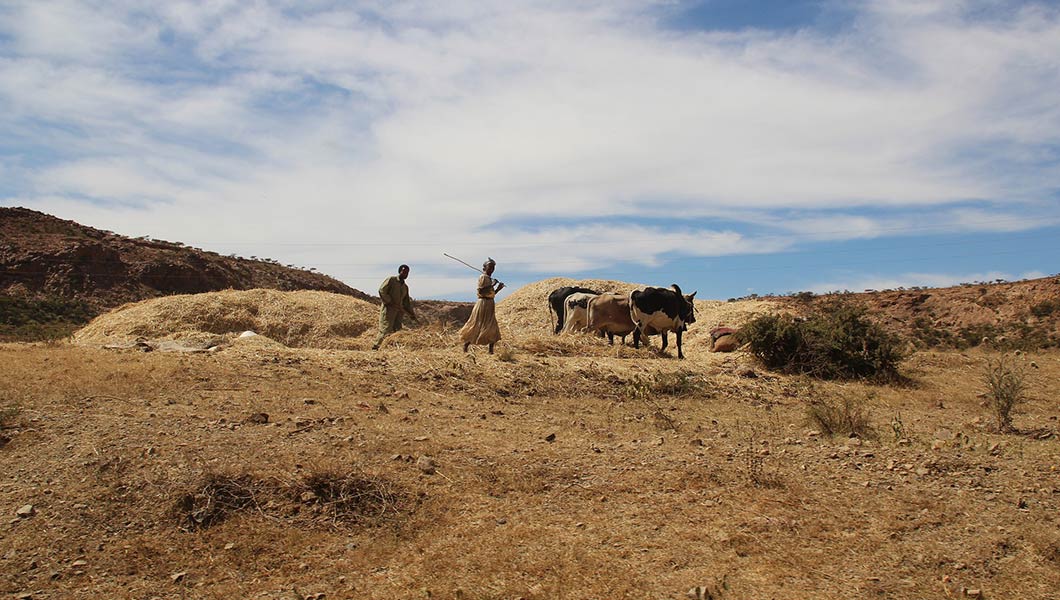Assessing the impact of food assistance for assets interventions on the local economy in South Sudan
Area: South Sudan, Africa
Partner Agency: World Food Programme (WFP) – South Sudan
Timeline: 2019-2023
Background: The report investigates the impacts of the World Food Program’s Food Assistance for Assets (FFA) initiative, which provides short-term food or cash assistance to food insecure households involved in community-based projects and agricultural activities. The FFA aims to alleviate immediate food needs while also creating community assets, such as roads, which can have broader economic implications.
Objective: The study aims to assess the direct and indirect effects of FFA assistance, particularly focusing on the creation of community assets like roads, on local production activities, household incomes, and overall economic welfare. It seeks to quantify the impact of FFA assistance, both in terms of food aid and cash transfers, on beneficiary and non-beneficiary households, as well as evaluate the broader economic benefits of FFA projects.
Results: Findings reveal that FFA assistance significantly influences local production activities, leading to income gains for both beneficiary and non-beneficiary households. In-kind food assistance and cash transfers both result in increased incomes, with non-beneficiaries benefiting from spillover effects. The construction of FFA roads is positively correlated with household incomes and crop productivity. Simulations project significant employment effects once roads are completed, with higher crop productivity stimulating additional rounds of income and production increases, particularly benefiting non-crop activities.
Conclusions: The study concludes that FFA assistance, particularly through the creation of community assets like roads, has positive effects on local economies, household incomes, and employment. It highlights the importance of infrastructure development in poverty alleviation efforts and underscores the broader economic benefits of the FFA program beyond immediate food assistance. The findings suggest that investments in community assets can have significant and lasting impacts on local communities, contributing to sustainable development efforts

